Something I get asked often in my photography classes, and by email from readers of this site is – “What lens should I buy next?”
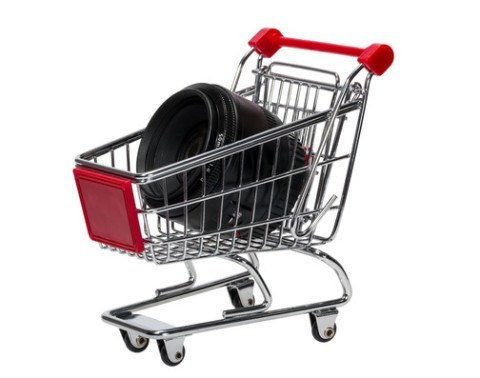
So rather than answer it multiple times by email I thought I’d cover that question here, along with a couple other commonly asked ones including:
- What lens should I buy next?
- Should I upgrade to a full-frame camera?
- How much should I spend to get a good tripod?
- Should I have a UV filter on all my lenses? What are the pros and cons?
- I’m just starting and want to buy my first DSLR, which one should I get?
Let’s go through these one by one:
What lens should I buy next?
Boy this is a tough question to answer because the answer is really – it depends!
When students and readers ask me what lens they should buy next I usually respond with a few questions back first. Until you know the answers to these questions, quite honestly I wouldn’t invest in any lenses. Once you can answer them all, then you will know what you NEED not what you want or what “they” say you should get.
Ask yourself these questions:
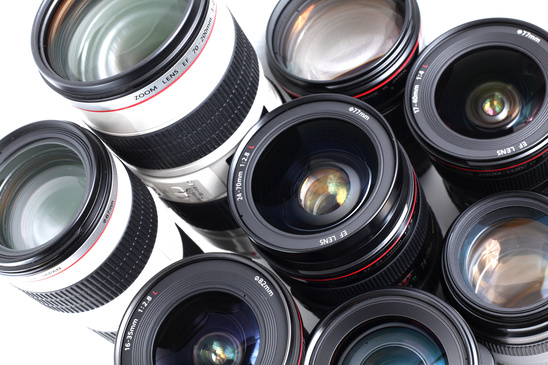
- WHY are you buying a new lens?
- Is it because someone said you should or have you found that the ones you own are limiting you in some way? If it’s the former, hang tight for a while and use what you’ve got for now. If it’s the latter let’s get clear on what you need and how you are being limited and you’ll likely answer your own question.
- WHAT type of photography do you most like to do?
- The answer to “what lens to buy next?” will vary greatly depending on if you like to do landscape, macro, portrait or street photography. Get clear on the type of things you like to shoot first. If you like all of the above, find your favourite thing to photograph and focus on that first – then you’ll know what to buy.
- HOW MUCH do you have to spend?
- Photography is an expensive hobby and profession. Getting realistic about your budget will help you narrow down the options. Don’t you covet the big, expensive lenses the pros have – sure! Can you afford those lenses – probably not. If you do have an unlimited budget then by all means go for it, get them all. But if you’re like most people and have a limited amount of funds to spend on your hobby (obsession?) then you have to pick your battles. Decide what’s most important and what you can get by with and put your money where it will help you the most.
- DO you plan on doing this professionally?
- If you’re thinking about doing portraits, weddings or any other aspect professionally then you will want to save your pennies and invest in the best glass (lenses) available. If not, there is nothing wrong with 3rd party lenses made by Sigma and Tamron, or ones that aren’t in the manufacturers top of the line (Canon L-series or Nikon gold line lenses)
- Can’t I just get one of the one-size-fits-all type of zoom lenses?
- There are many zoom lenses on the market that offer a large range of focal lengths that serve as a lens that fits all needs. That is partly true but they have limitations such as:
- they usually don’t offer macro focusing for close-ups,
- they have limited maximum aperture sizes (often f/5.6 or f/6.3 which are challenging in low light scenes),
- and they aren’t as sharp some of the smaller range or fixed (prime) lenses.
So after you have put thought into it and you know the answers to the questions above, then we can talk about some options. I am a big advocate of not buying more “stuff” just for the sake of having the next latest, greatest thing or because your friend said to get something.
I always recommend pushing your current gear to its limits before you upgrade
Darlene
The biggest thing I find is that there is a lot of information out there about gear, what to buy, where to buy it, reviews, it’s everywhere. But I always recommend pushing your current gear to its limits before you upgrade.
My recommendations:
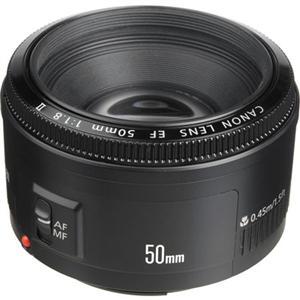
#1 – 50mm lens
if you don’t already have one get yourself a 50mm lens
(or a 35mm if you’re using an APS-C sensor).
This is a fixed, or prime lens (it does not zoom) and as such has less moving parts which means: it is usually sharper, it is small and light, and it is relatively inexpensive.
You’ll pay between $100-200 for a 50mm f/1.8 for most camera brands.
The advantage of this lens is its wide aperture (if you get the f/1.8 version) and usability in low light conditions. Where a standard 18-55mm kit lens that came with your camera usually runs f/3.5-5.6 (those being the maximum apertures – read: What the numbers on your lens mean for more info) being able to open your aperture from f/5.6 to even f/2 is three stops of light, which equals EIGHT TIMES more light coming in your lens. This allows you to get sharper images and not have to crank up the ISO too high. It also can provide fantastic out of focus backgrounds and bokeh.
Lower Budget 50mm Lenses
If you have a slightly higher budget you might want to go up a step to one of these below.
Higher Budget 50mm Lenses
I just want to say again, if budget is an issue, the first list of lenses is fine too.
Here are couple shots done with my “nifty-fifty” lens as the 50mm f/1.8 is often called
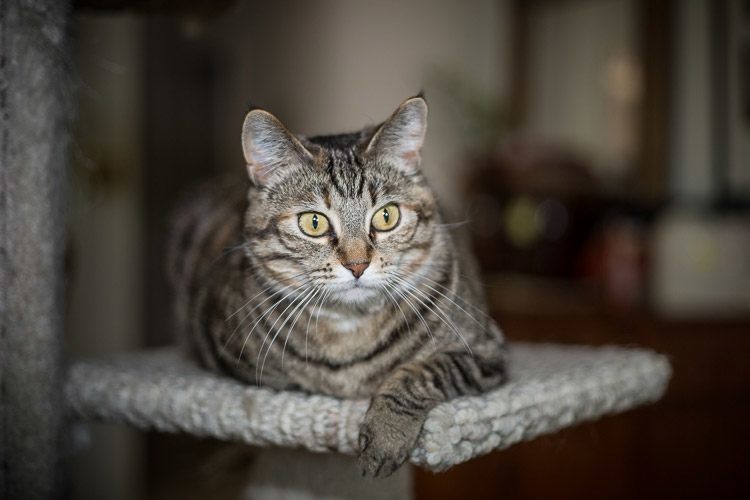
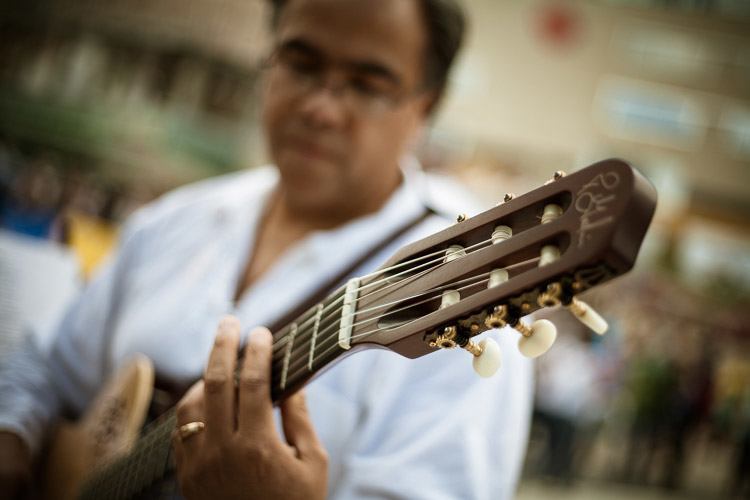
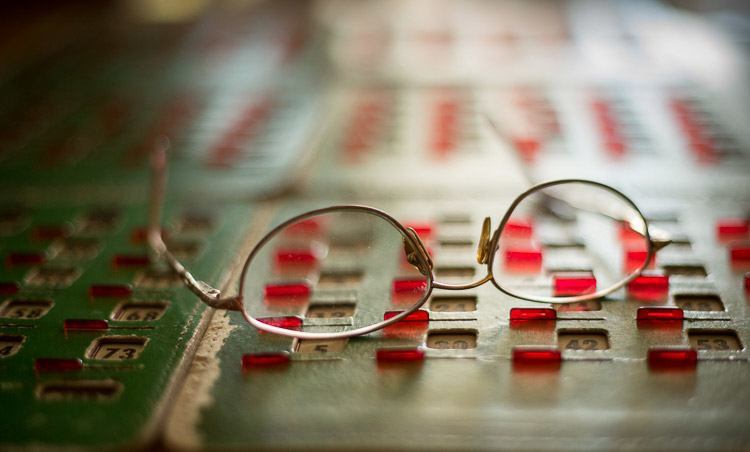
#2 Get a specialty lens based on what you like to shoot
Once you know what you want to shoot then you can start getting specific. As I mentioned already each genre of photography requires different techniques and different equipment. Pros do not use the one-size-fits-all lenses, they have a different lens for each thing they shoot. For example:
- Portrait photographers – usually choose a short telephoto lens with a large aperture
- This allows them to throw the background out of focus and flatter their subjects. For more on this read: How to choose the right lens
- Landscape photographers – usually have a good wide angle lens in their bag
- This is one that is wider than “normal” which is considered 50mm on full-frame (35mm on cropped APS-C sensors). So wide for a full-frame camera is in the 17-35mm range, and 10-24mm for cropped sensor cameras. A wide angle allows you to get speeding vistas of the landscape, and also enhance perspective by making that little flower near the camera seem large while the mountains in the background seem comparatively smaller.
- Sports photographers – have to spend the big bucks to get long telephoto lenses with large apertures
- This type of lens allows you to shoot action and freeze it by using a large aperture, fast shutter speed combination. That is also why a lens with a large aperture is often referred to as a “fast” lens. A good lens for shooting sports is anything 200-400mm, ideally with an f/2.8 aperture but those come with BIG price tags (the Canon 300mm f2/8 which is probably the most common pro sports lens is about $7300 just to give you an idea). This focal length is necessary as you cannot usually get close enough to the action to get good shots otherwise.
- Wildlife photographers – once again they are using long telephoto lenses
- Like the sports shooters you can’t (or don’t want to) get close to your subject when photographing wildlife. Being five feet from that bear in the wild – probably not the best plan! For wildlife photography you’ll want a lens 300mm and longer. Some pros also use Teleconverters which can double or 1.4x the length of your lens so a 400mm becomes an 800mm and so on. This is where you will actually have an advantage if you are NOT using a full-frame camera as your smaller sensor replicates about a 1.5x increase on the focal length. So if you buy a 200-400mm lens it’s usable range is actually more like 300-600mm. Bonus right?!
- Macro photographers – use a lens that is designed to focus closer
- One that is designed to focus closer and provide at least a 1:1 size relationship of the subject (meaning life size). Most lenses do not focus in at close range so manufactures make special macro (micro in Nikon terms) lenses that do just that. They can also be used as a regular lens or for other things such at the Canon 100mm Macro, which is also a great portrait lens.
Here are some specialty lenses for those subjects to get you started:
Portrait lenses:
Here are a few portraits I’ve done with my trusty 85mm f/1.8. I love this lens! The last two were actually taken in the classroom of one of my Available Light classes here in Edmonton.
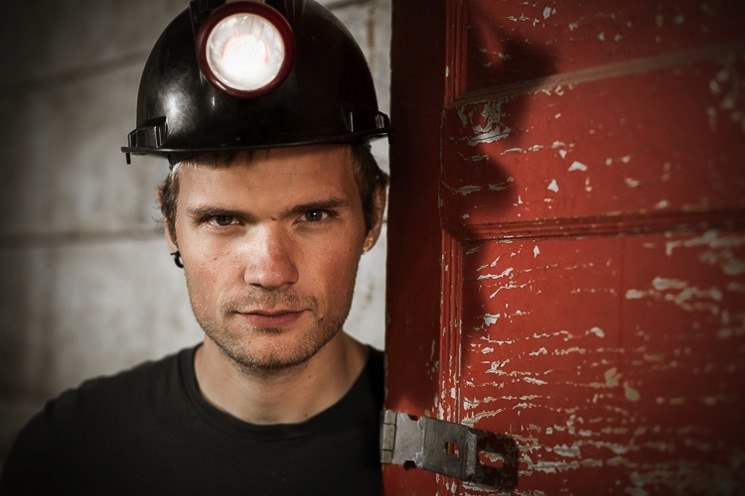
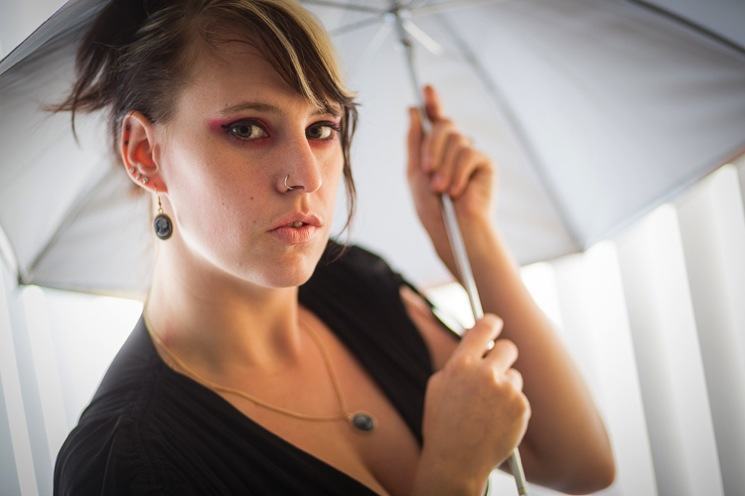
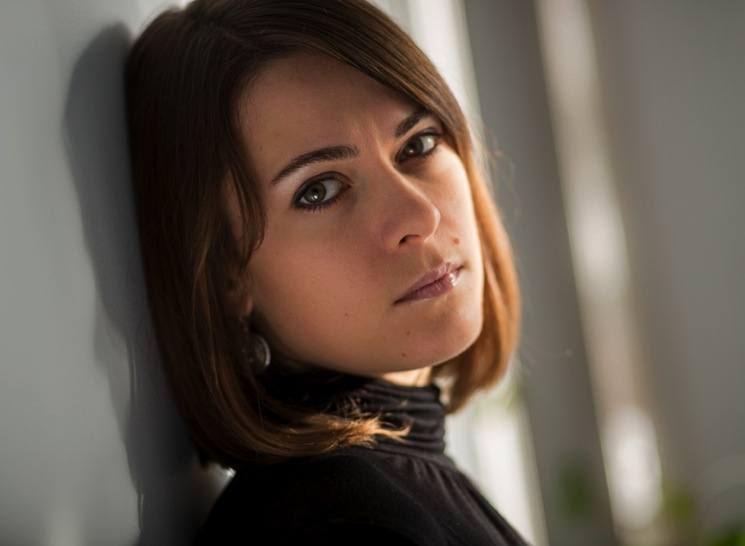
Landscape lenses
- A range of different wide angle zoom lenses available. Before buying any lens it’s always a good idea to read some reviews of the different brands available. The name brands aren’t always the top ranked ones.
- Rokinon 8mm fisheye – not available for all mounts but a fun lens
Sports lenses
Wildlife lenses
- Start by looking at the 400mm lenses above
- Long zoom lenses – the Sigma 150-500mm is a great choice here in the lower price range, or the Canon 100-400mm. Go bigger than those and you’re going to be over the $5000 mark for more other options.
- Mirror lenses – these are special lenses with a fixed aperture that use a mirror to create super long telephoto lenses that are much smaller, lighter and less expensive. They are limited because of the small aperture most come with, but these are a good starting point if you want a long lens and can’t afford the $$$$ to get one.
- Teleconverters – to extend the focal length of your lens by 1.4x-2x. Keep in mind these also suck up light and you often lose 1-3 stops of light when you add these to your setup.
Macro lenses
Turn your 50mm into a macro
Another option if you can’t afford a dedicated macro lens right now is to try the 50mm lens reversal trick.
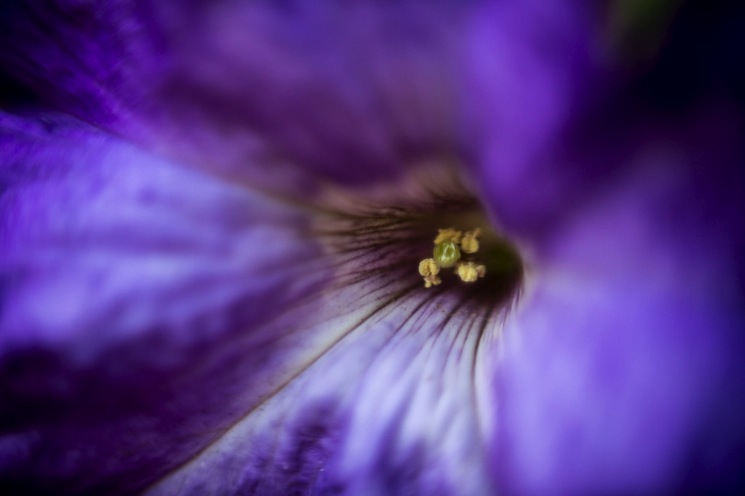
Should I upgrade to a full-frame camera?
This is another one of those loaded questions where I’m going to fire a few more back at you and let you decide yourself. Again I’m going to say that I advocate using what you have until it’s limiting you and then you might want to consider upgrading. But how far do you need to go, do you need full-frame?
Ask yourself these questions:
- Is your camera older than 3 years from its release date? (you can check that online at DPReview.com by looking up your model. Also a good site for reading reviews.
- Do you plan to do photography professionally?
- Is your current camera limiting you in some way such as bad noise at high ISO, you need more frames per second to shoot sports or active kids, or you need a more robust, heavier, weather sealed camera body because of the locations you shoot?
- Is it a real need? Be honest here. Do you really NEED full-frame or do you just want it?
- Can you afford $2000+ just for the body? They go up a lot more from there if you have deep pockets.
If you answered YES to all of the questions above (or at least a majority), then it MIGHT just be time to get a full-frame camera).
If you said NO to most of those but yes to this statement:
“I need a full-frame camera as it will make my photos better”
… then it’s time to take some classes, work on your craft and save your money for now.
I have seen it over and over again and I get asked this question by wanna be pros, and people just like you that have “heard” certain things about how much better full-frame is. I challenge you on that believe. If you think it’s not true you come visit me (or any pro) and we’ll swap cameras for a day, then compare photos. Who do you think will have the better images? Right, probably me or the pro. Let me reiterate that:
It’s NOT the gear it’s you!
That applies whether your photos are great, or not so great. If they are great, then take credit for it pat yourself on the back cause you are awesome, keep rocking’ it! If you’re not so happy with your images do the work to improve your skills. Learn about lighting, lenses, composition, and learn to be one with your camera. Take a class, get some tutoring, join a camera club, or go on a photo tour. All of these things will do so much more to help you improve your work than a new camera will.
How much should I spend to get a good tripod?
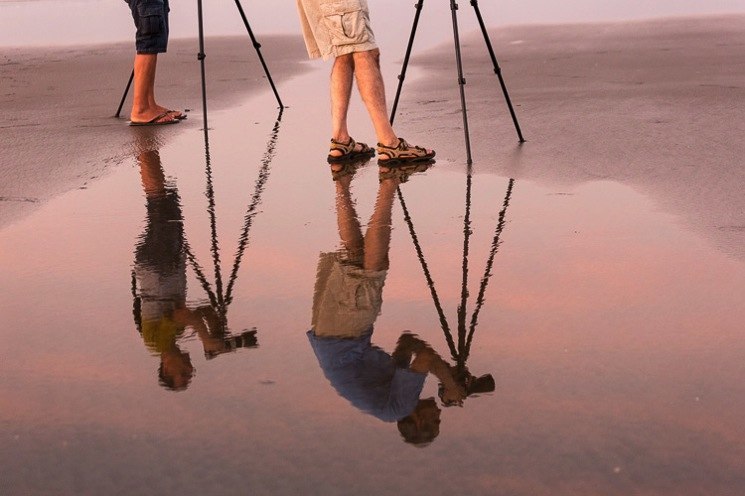
This is an easier question to answer – more than $100 and less than your maximum budget allows. Buying a good tripod from the beginning is an investment. I can’t tell you how many students I’ve talked to that bought a cheap one only to end up upgrading three or four times. The advice they would give you is this
“Buy the best one you can afford now”
There are many options available so you just have to know what to look for when selecting a tripod.
Should I have a UV filter on all my lenses? What are the pros and cons?
There is much debate over whether or not you should put UV filters on the front of your lenses or not. I personally DO use them and have had instances where they’ve saved my lens. Here are some of the pros and cons. You decide and email me back if you have any other thoughts on it, and tell me where you stand on the subject:
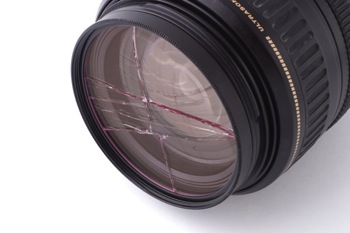
PROS:
- Protection from the elements. Protection from things like dust and fingerprints. Imagine a sudden wind storm while photographing on the beach. Your lens may actually become sand blasted with thousands of tiny little indents.
- Protection from impact damage (see photo above) where the filter usually takes the brunt of a fall and the lens escapes unscathed
- Cheap to repair. It’s a LOT less expensive to replace a broken filter than a broken lens
CONS:
- Cheap glass over expensive lens. Those that argue against UV filters say that you’re putting a cheap piece of glass in front of an expensive one (your lens) and degrading the image quality and sharpness
- Cost. Why spend extra money on something you don’t need
I have had the experience of a lens falling on to concrete pavement and the filter broke, but not the lens. The filter cost me about $80, the lens was $2400 to replace. You do the math and decide. If however you have less expensive or kit lenses then this factor isn’t much of an issue for you.
The people against argue image quality loss, but I’ve not noticed any difference personally. I have a tendency to use large apertures like f2.8 or f1.8. At those apertures the depth of field is so narrow that where you focus is super critical. Something on the front of the lens will not even show up, let alone damage the image quality, in my opinion anyway.
In fact, you can actually put a pencil directly in front of your lens and it will NOT appear in your image at such apertures? Don’t believe me try it yourself (you have to use a large aperture though) or check this article on Invisible Pencils
So what are your thoughts? Do you use UV filters now? Are you going to rush out and get some, or take them all off? You tell me!
I’m just starting and want to buy my first DSLR, which one should I get?
The best advice I can give you here is two fold:
#1 – It’s doesn’t matter, all the major brands are good
#2 – Get the one you can afford
I’m a Canon Girl
I joke about putting the Canon folks on one side of the class and the Nikons on the other in my classrooms, but mostly we just do that so they can help each other find settings.
I’m a Canon girl, always have been, always will be.
Here’s Why:
The reason I’m sticking with Canon is that I have a lot invested in lenses and I really am one with my camera.
Switching would not only cost me a lot of money, but probably lost shots too because I’d be less familiar with my camera and fumble at settings for a while.
Buying your first DSLR? Here’s my suggestion: Go to an actual camera store (one where that’s all they sell and the staff know their f-stops from their ISO) and try some out. See how they feel in your hands, is one comfortable and one clumsy? Go through the menus and press some buttons – does it feel intuitive?
Even better, find out if they will let you rent one and try it out for a couple days. Some camera stores that offer rentals will apply the rental price against the purchase price if you end up buying the camera.
Cheers,